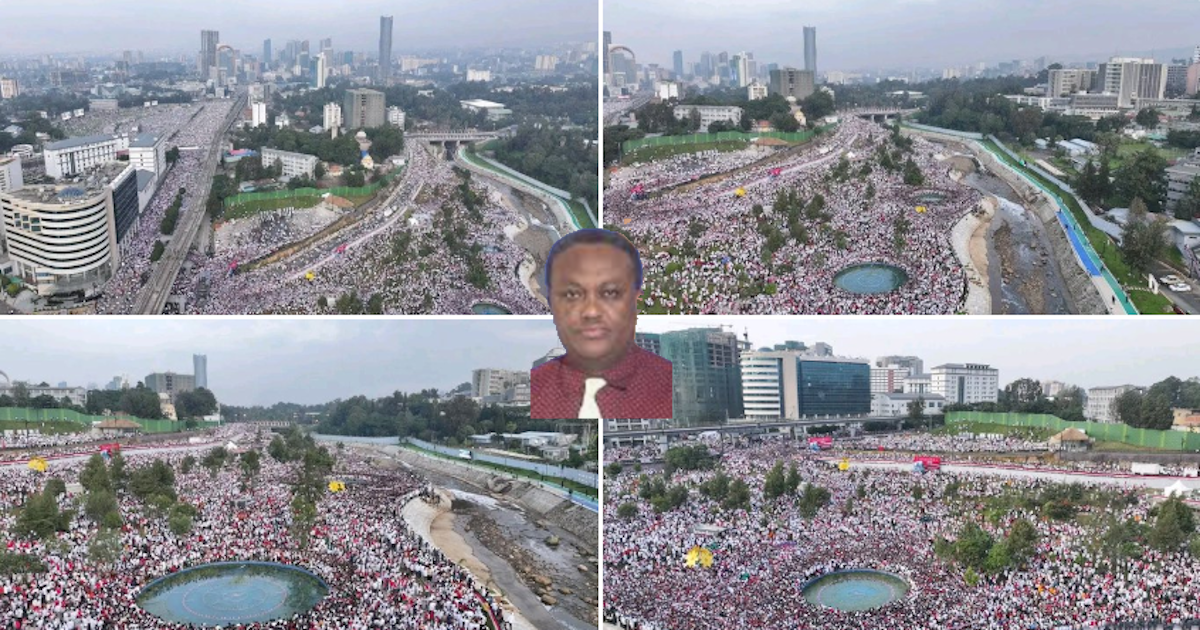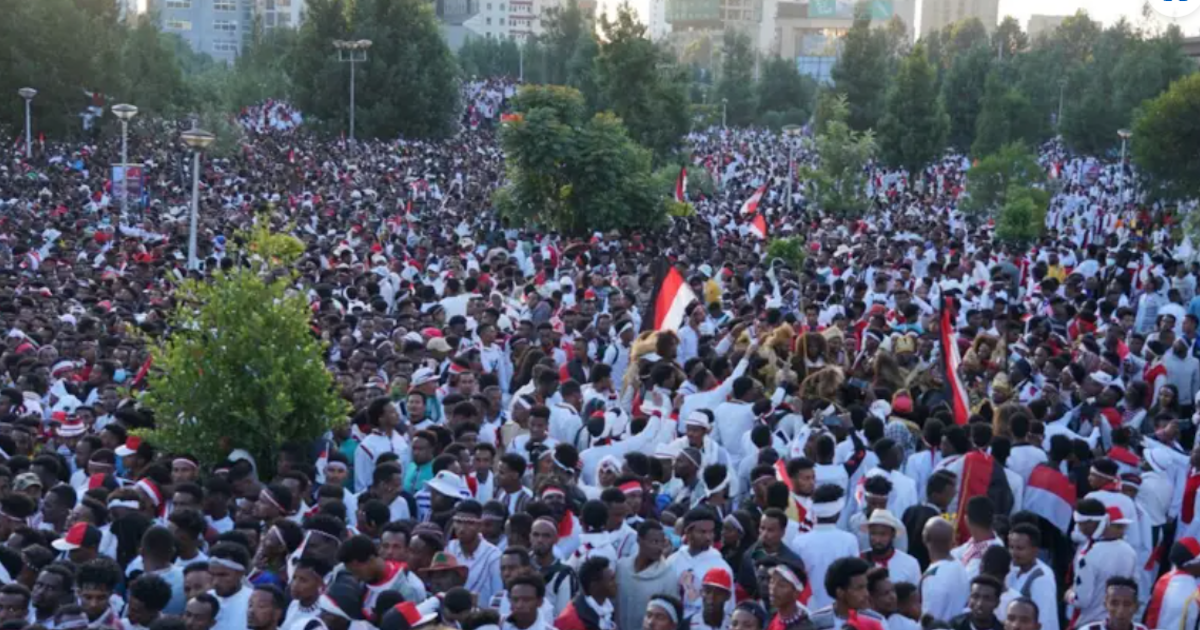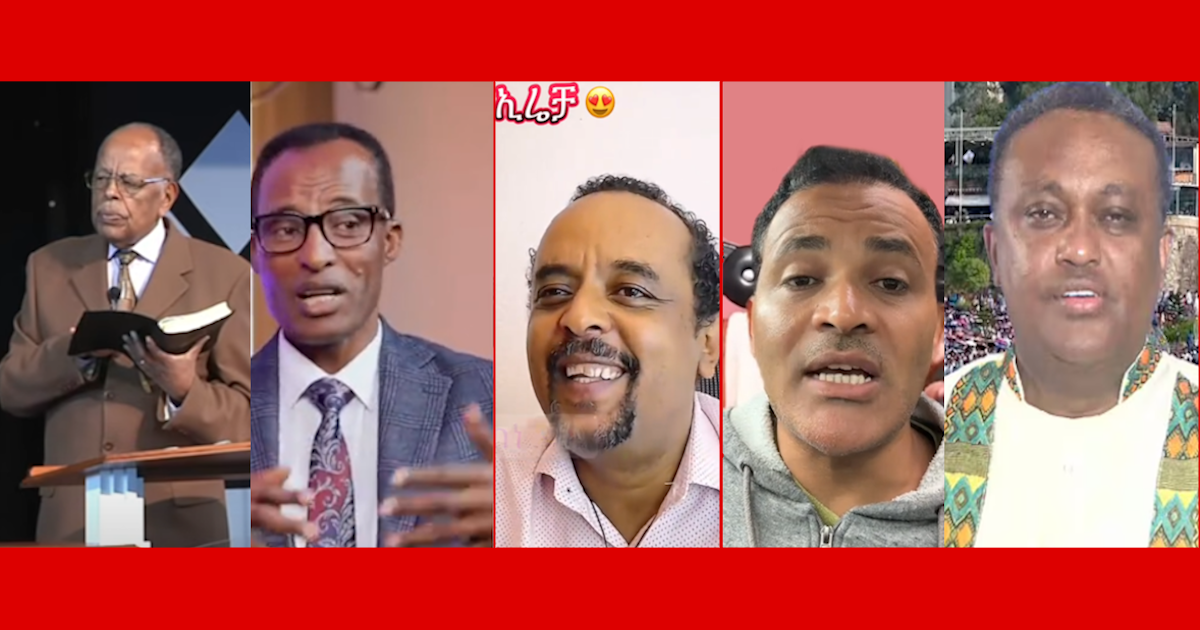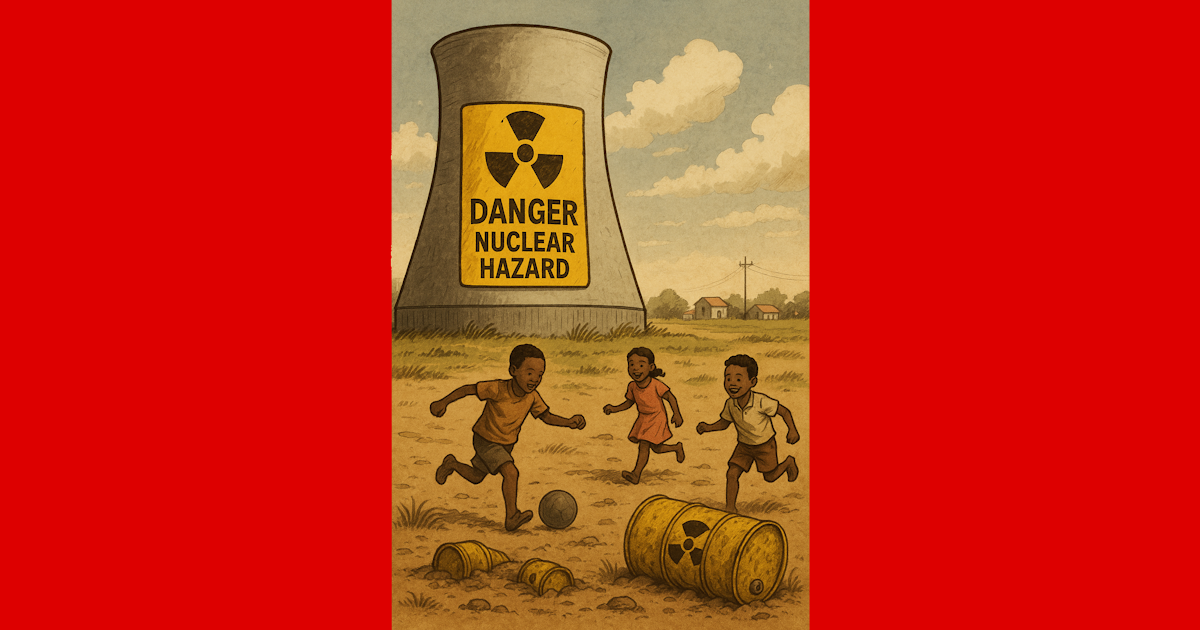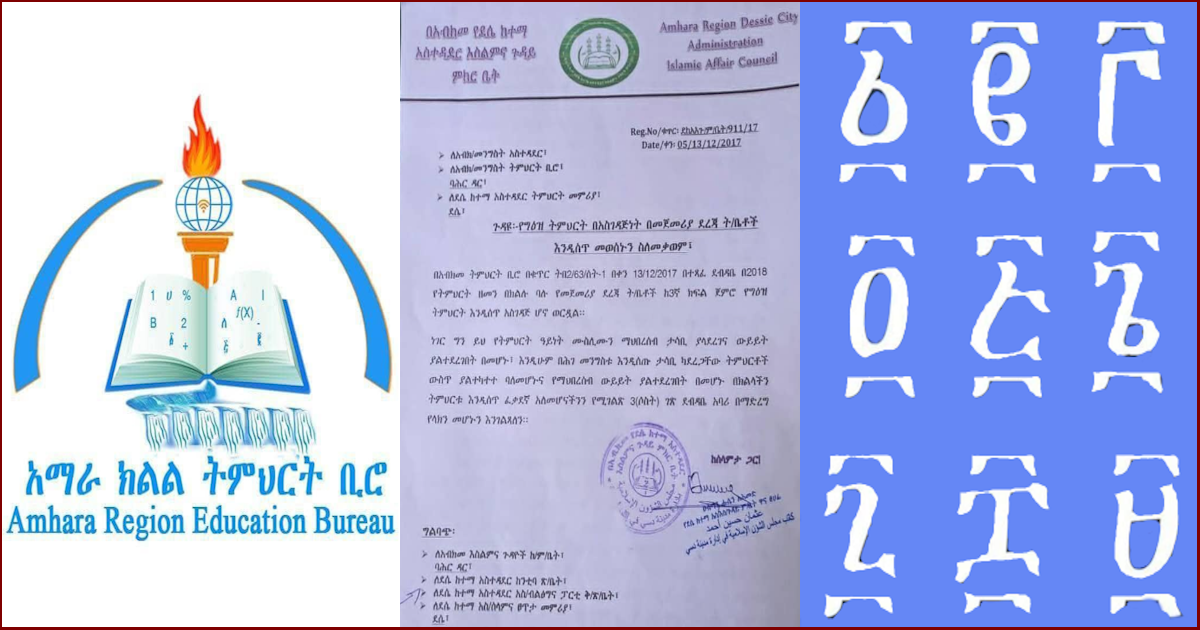When Lawmakers Fan Dangerous Flames: The Case of Dr Sisay Mengiste

Questions for Troubling Rhetoric
Where does freedom of speech end, and the incitement of dangerous, ethnically charged propaganda begin? At what point does public discourse shift from a right to speak one’s mind into a reckless abuse of influence—especially when the speaker holds public office in a fragile, multi-ethnic society?
These are not abstract questions. They confront us directly when individuals like Dr Sisay Mengiste, a lawmaker in the Addis Ababa City Administration, make statements that go beyond controversy and enter the realm of dangerous historical revisionism.
Finfinnee as Amhara City?
In a recent video clip circulating widely on social media, Dr Sisay Mengiste delivered a calm, uninterrupted monologue claiming that Finfinnee (aka Addis Ababa), the administrative heart of Oromia, is an “Amhara city.” The clip alone, posted on TikTok, lasts about 15 minutes, and it’s evident that the original interview—largely devoid of any journalistic pushback—ran even longer. The sheer composure with which he advanced this inflammatory narrative is, quite frankly, jaw-dropping.
This is no harmless debate over urban planning or history. Finfinnee’s founding is etched in Oromo collective memory as a site of violent conquest. The Tuulamaa Oromo, the original inhabitants of the area, were massacred to make way for a military garrison under Emperor Menelik II. That garrison, fortified by the infamous Nafxagna (“rifle-bearers”), became a launching pad for territorial expansion—colonial in all but name.
The legacy of Finfinnee is therefore inseparable from trauma, subjugation, and displacement. For a current lawmaker to not only ignore but arrogantly repudiate that historical truth is not just irresponsible—it is incendiary.
The Burden of Responsibility
This is not Dr Sisay Mengiste’s first brush with controversial rhetoric. He has previously spoken with similar fervor about the Raayyaa zone, asserting it belongs to Amhara—echoing the same ethnonationalist logic now applied to Finfinnee. During the Tigray war, he also drew widespread criticism for making statements interpreted as inviting or justifying genocidal violence against Tigrayans. That track record makes his latest remarks all the more alarming. A pattern is emerging: a public figure, elected to serve a diverse city, repeatedly deploying divisive narratives that risk inflaming tensions in a country already under enormous social and political strain.
According to the International Oromo Network (ION), a campaign group for Oromo justice and awareness, Dr Sisay Mengiste is ranked among the top 10 personalities in Ethiopia—and among the top 25 internationally—identified with an openly Oromophobic stance. This places him not only in the spotlight of public scrutiny but also in the crosshairs of international human rights advocacy. When someone with such notoriety is entrusted with public office, the stakes are no longer rhetorical—they are societal.
In Ethiopia, elected officials and people with titles like “Dr.” are often viewed as more than technocrats or administrators—they are perceived as moral authorities and intellectual leaders. This societal reverence places an added responsibility on their shoulders to speak with care, empathy, and historical awareness, especially on issues as sensitive as identity, land, and interethnic relations. When that responsibility is breached, the consequences can be profound. Mistrust deepens, social cohesion frays, and younger generations—especially the impressionable—are left vulnerable to manipulation by voices they are taught to respect.
The Emotional Intelligence Gap
Perhaps what’s most disturbing is not just what was said, but how it was said. No hesitation. No trace of empathy. No attempt to acknowledge the pain of the other side. Just a monologue delivered with unnerving composure and zero emotional intelligence.
It brings to mind the contrast with apartheid-era South Africa. For all its brutality, there were white allies who stood with Black South Africans in the struggle for justice. They recognized oppression when they saw it, and they acted—not out of tribal loyalty, but conscience.
Where are the voices of conscience among the Amhara elite today? Where are those who, fully aware of the historical injustices suffered by the Oromo people—massacres, forced assimilation, cultural suppression, economic marginalization—stand up and say: “This was wrong. We see you. We support your right to dignity and historical truth.”
Instead, what we witness is a doubling down on denial, a rewriting of conquest as entitlement, and a disturbing silence from those who should know better.
Closing Thoughts: Truth or Treason?
We are not calling for censorship. Dr Sisay Mengiste has every right to speak. But rights come with responsibilities—especially for public officials in volatile contexts. Freedom of speech does not mean freedom from consequences. Nor does it excuse speech that undermines historical truth and fans the flames of inter-ethnic hostility.
What Dr Sisay Mengiste is doubling down on is not just a narrative—it is a colonialist mentality. By claiming and reaffirming the brutal conquest of the past, he seeks to normalize and entrench the idea of Finfinnee as an Amhara island in Oromia. This is not a call for unity—it is a revival of colonial domination dressed up as entitlement.
Contrast this posture with what justice demands: an acknowledgment of historical wrongs, an apology for atrocities, mass displacements and cultural erasure, and a genuine effort toward reparations and reconciliation. These are the markers of a society ready to heal—not one willing to relive its darkest chapters.
Ethiopia’s fragile peace cannot withstand public figures treating trauma as trivia and conquest as claim. Our future depends not on who can shout the loudest or redraw maps with impunity, but on who is willing to confront truth, seek justice, and build a shared vision that includes—not erases—others.
Postscript: Silence, or Strategy?
But one subtle question remains disturbingly unaddressed: Why has Dr Sisay Mengiste not faced any scrutiny from a regime notorious for jailing citizens over far less acts of provocation or mere dissent? In a country where freedom of speech is tightly policed, how does such open incitement go unchecked?
This impunity is not without implications. Could it be that Dr Sisay Mengiste’s incendiary remarks are not merely tolerated—but aligned with the regime’s agenda? This is not beyond the realm of possibility. The Prosperity Party (PP) regime under Prime Minister Abiy Ahmed has been repeatedly accused of weaponizing ethnic tensions for political ends. One now-infamous hot mic recording—widely circulated on TikTok—captured the Prime Minister discussing a calculated plan to engineer ethnic violence in Wallaga, a region where government forces face stiff resistance from the Oromo Liberation Army. In the recording, he implied that if conflict—presumably between Oromos and Amharas—were ignited, the government could proceed with its agenda while “people are busy killing each other.” It is a chilling revelation—especially coming from the head of state—suggesting not just negligence, but a deliberate exploitation of communal strife as a tool of governance.
If Dr Sisay Mengiste’s statements are part of such a strategy—designed to inflame, distract, and divide—then the problem we face is not just rhetorical recklessness. It’s a deliberate and deeply dangerous state-sanctioned destabilization.

